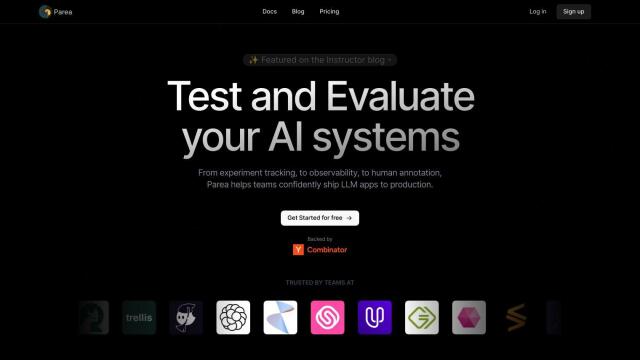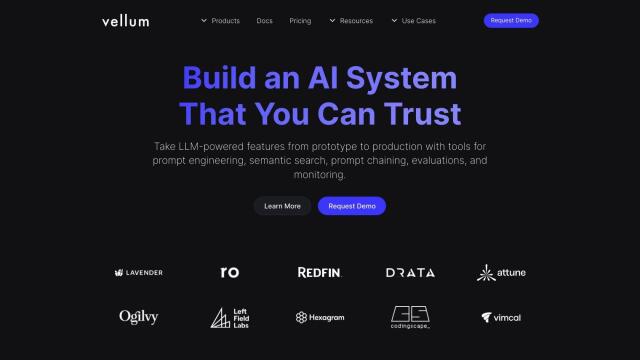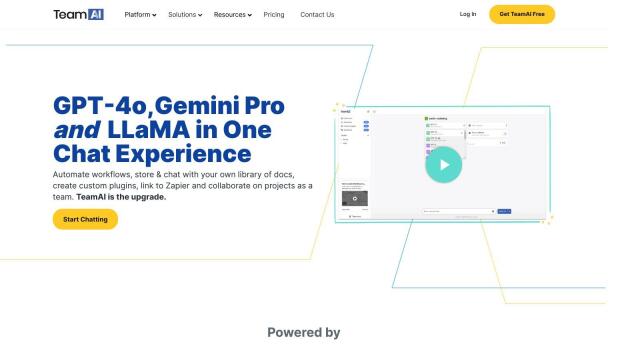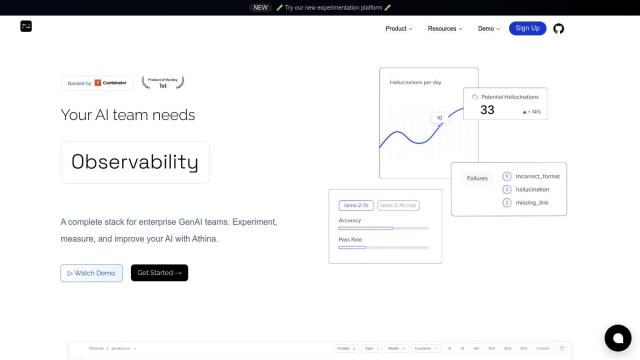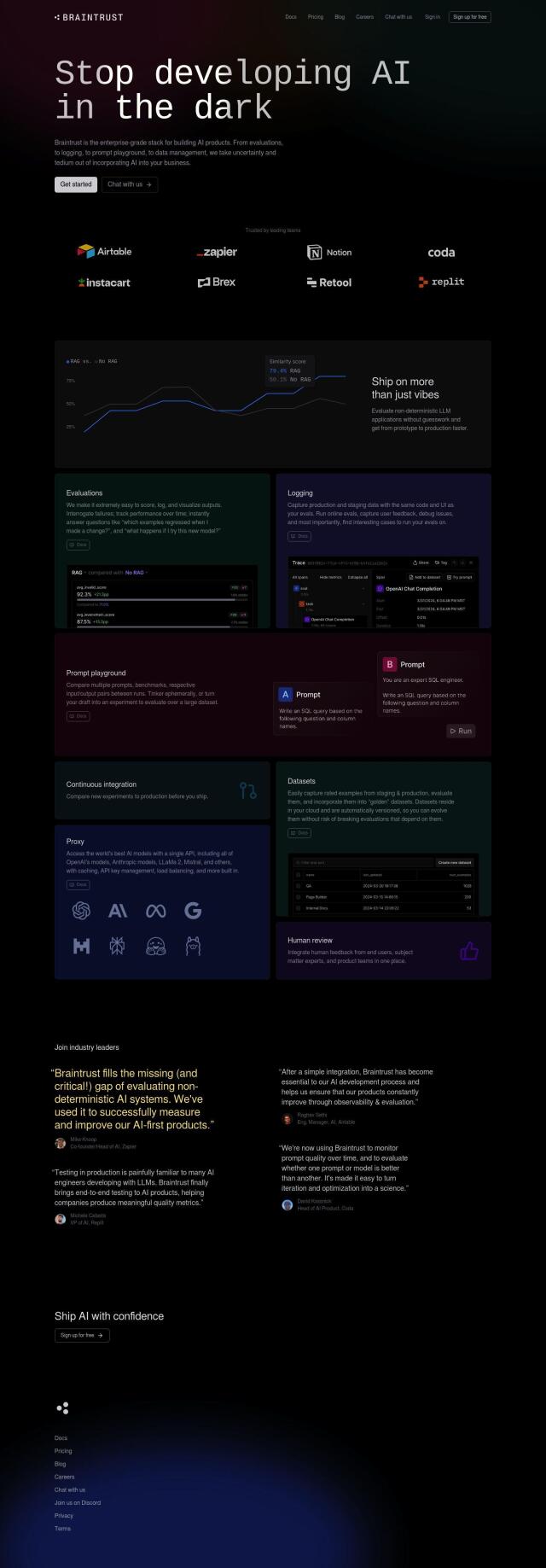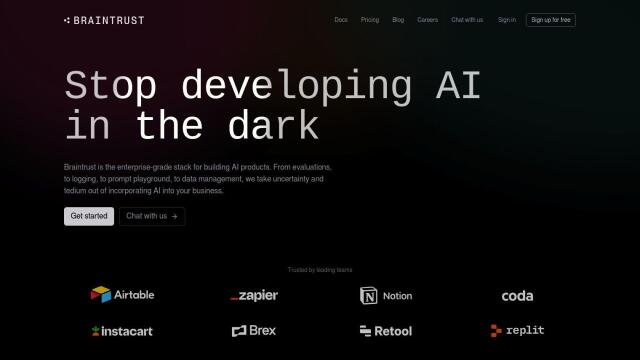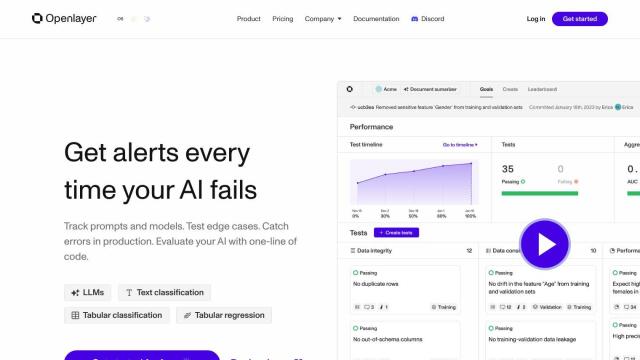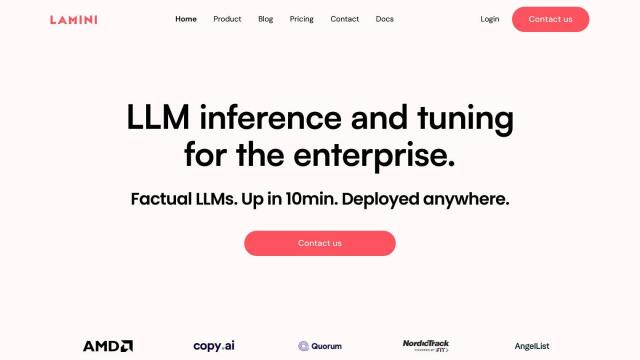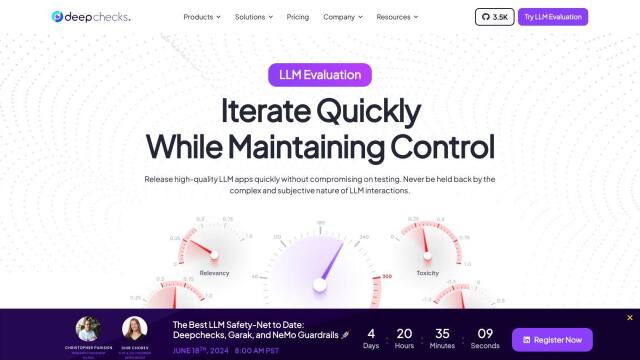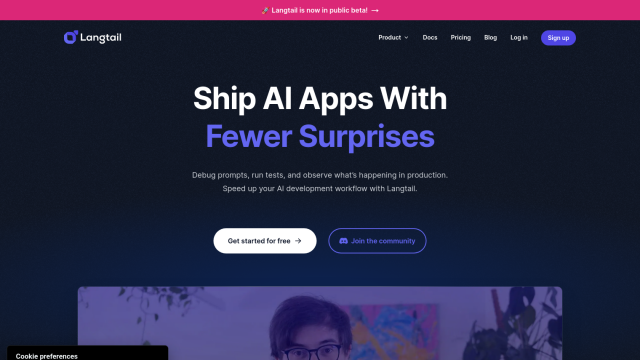Question: Is there a platform that offers a shared environment for managing and iterating on AI features, with version control and history tracking?


Humanloop
If you want a system to manage and experiment with AI features with version control and a history record, Humanloop is a good option. It's geared for managing and optimizing the development of Large Language Models (LLMs), with a collaborative environment that includes version control, a prompt management system and tools for debugging and performance monitoring. It integrates with common LLM providers and offers SDKs for easy integration, so it's a good choice for teams that want to increase efficiency and reliability in AI development.

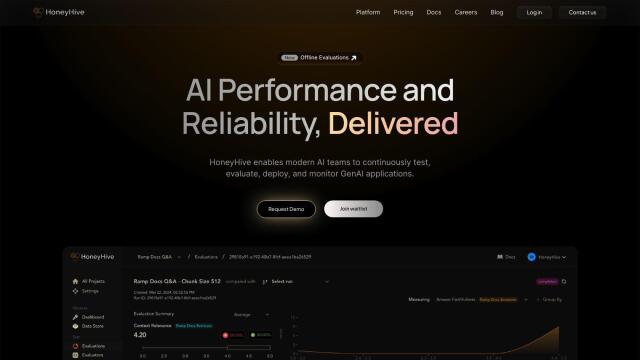
HoneyHive
Another good option is HoneyHive, which offers a single environment for collaboration, testing and evaluation of GenAI applications. It includes automated CI testing, observability and dataset curation, and supports more than 100 models through common GPU cloud integrations. The platform also includes prompt management and versioning, which makes it easier to manage and experiment with AI features. It's a good choice for teams that want to improve their AI development workflow and collaborate better.


Freeplay
Freeplay is a lifecycle management tool for LLM product development. It offers features like prompt management and versioning, automated batch testing and human labeling that helps teams experiment, test and optimize AI features. The company's focus on quality and cost savings makes it a good option for enterprise teams trying to improve their AI development workflow.

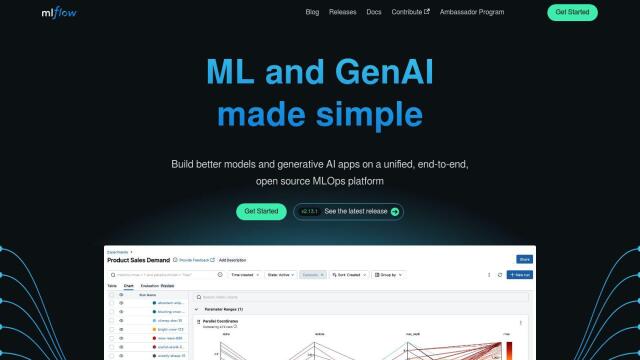
MLflow
If you prefer an open-source option, MLflow is a broad MLOps platform that spans the entire ML and generative AI lifecycle. It includes experiment tracking, logging and model management, and supports libraries like PyTorch and TensorFlow. MLflow's open-source nature and wealth of learning materials make it a good option to improve collaboration and efficiency in ML workflows.



